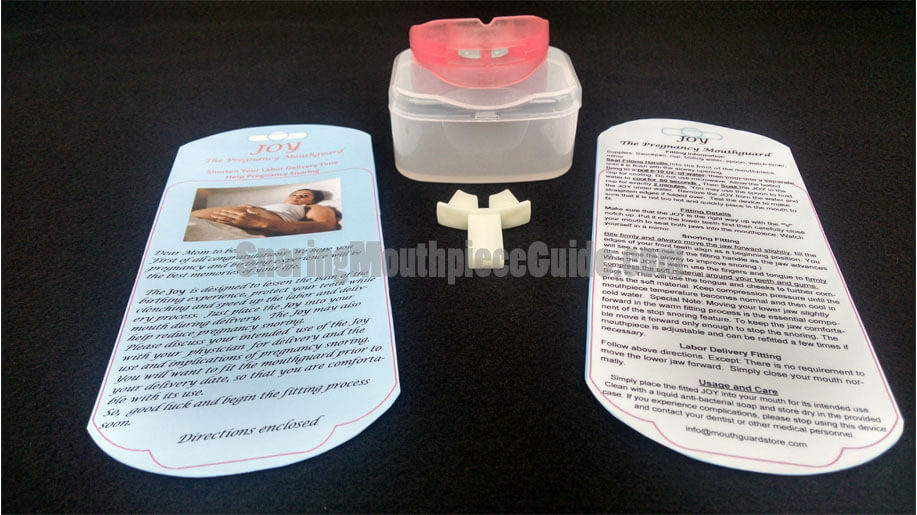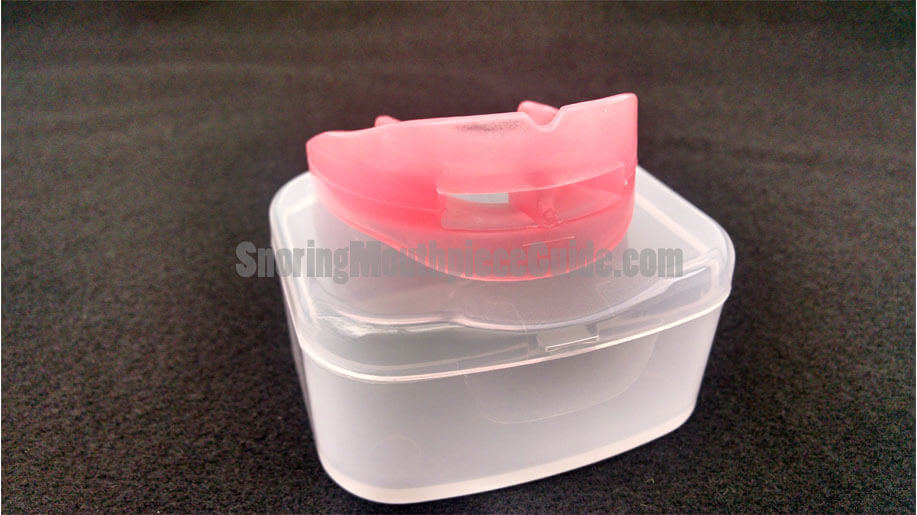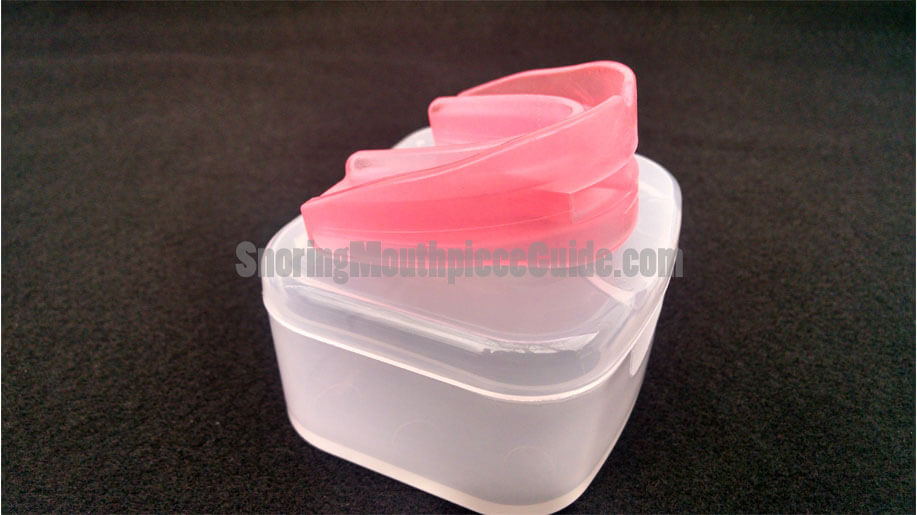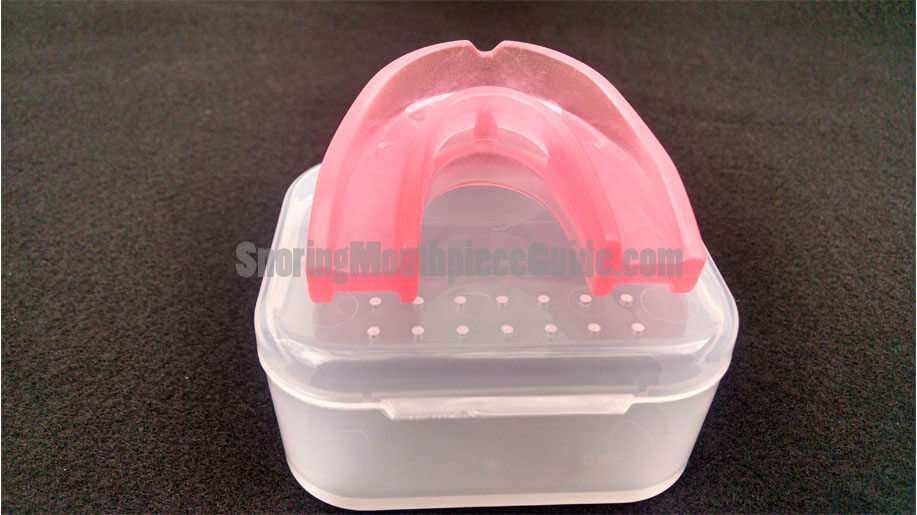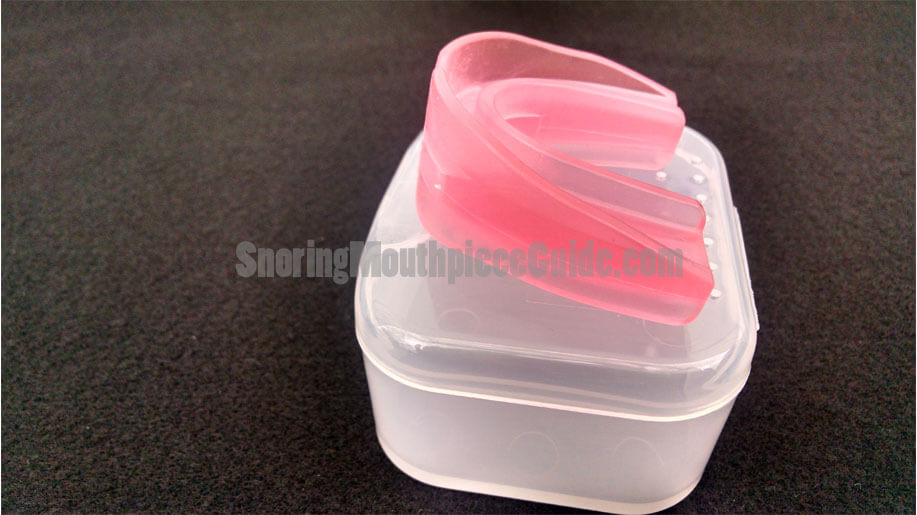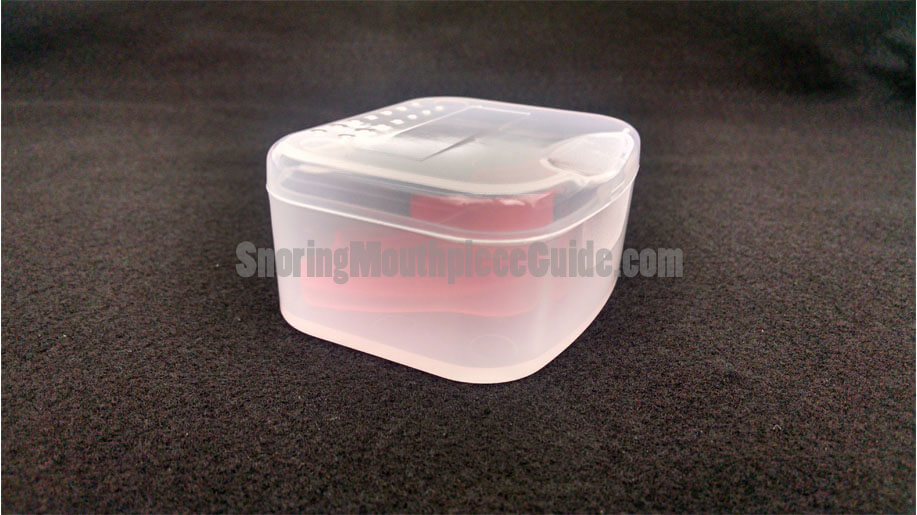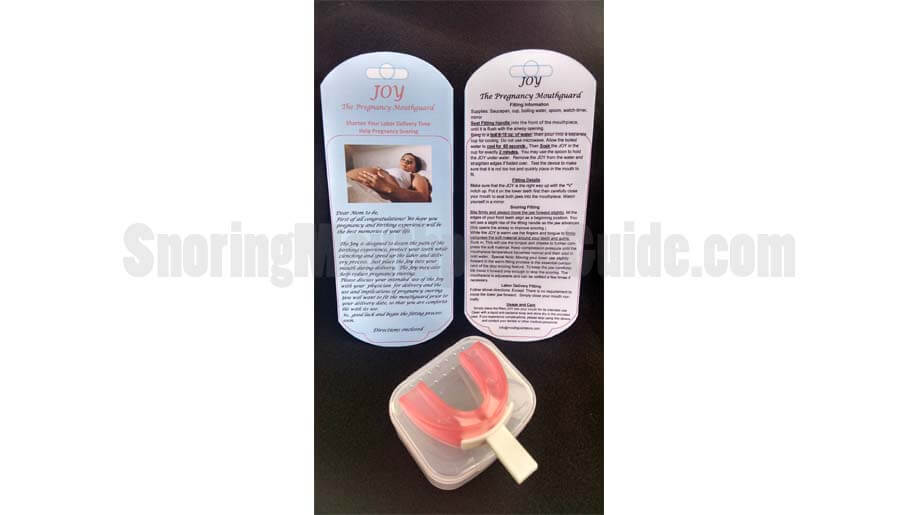Pregnancy Snoring
For many pregnant women, carrying extra baby weight, feeling nauseous, and being uncomfortable in general for 9 months isn’t the only nuisances they experience. Nearly 30% of pregnant woman also start to snore during their pregnancy. There are several reasons why snoring occurs in pregnant women, weight gain being the primary culprit. When women start to gain extra weight, it is often stored in the throat and neck areas. The extra weight can block the flow of oxygen in the airway which ultimately is the causes snoring. Another contributing factor is the increased blood volume that is being produced during pregnancy. Extra blood is needed for the growing fetus and so the blood vessels are expanding in order to transport the extra blood throughout the body and into the womb. These expanded blood vessels cause mucous membranes to also expand, resulting in extra mucous production. Excess mucous causes congestion which then ultimately can prevent the airway from receiving a straight and steady flow of oxygen. Snoring then occurs when the airway is obstructed by the mucus.
Risks of Snoring during Pregnancy
Pregnant snoring isn’t something to be taken lightly. In fact, there are some serious risks associated with snoring during your pregnancy.
High Blood Pressure and Preeclampsia
Snoring increases your risk to develop high blood pressure. If your blood pressure remains high during pregnancy, then you are more at risk to develop obstructive sleep apnea. Having OSA during pregnancy does not mean life or death, but should be taken seriously and brought to the attention of your doctor if you think you are showing signs of OSA. High blood pressure typically develops in the third trimester and impacts nearly 1/3 of pregnant women.
Experiencing high blood pressure during pregnancy is commonly associated with having preeclampsia – a condition that a pregnant woman can develop when she has never had high blood pressure prior to the pregnancy. Pregnant women with preeclampsia usually have kidney problems develop, maintain a high level of protein in their urine, and often have swelling in their extremities.
Higher Risk of Having a C-section
Women who snore during pregnancy can be at a higher risk of having a C-section during birth. Dr. Louise O’Brien from the University of Michigan Health System has studied snoring and its impact on pregnancy and stated that,
“…chronic snoring is associated with both smaller babies and C-sections…. we have a window of opportunity to screen pregnant women for breathing problems during sleep that may put them at risk of poor delivery outcomes.”
Ultimately, stopping the snoring before it begins can not only reduce the number of small babies being born but can also cut back on emergency C-sections and help to cut healthcare expenses as well.
Gestational Diabetes
Pregnancy snoring, in general, can be a sign that you have developed gestational diabetes during pregnancy. Gestational diabetes is a specific type of diabetes found only in pregnant women. It’s caused by your body resisting the insulin being produced in your body due to other changes happening during pregnancy. Your doctor should be checking your blood work throughout your pregnancy to monitor for GD but you can always ask your doctor if you think snoring may be an indicator that GD has developed.
Birthing Smaller Babies
Pregnant snoring may also be the cause of birthing a small baby that weighs less than average. When you snore, the muscles in your throat relax and the tongue falls back and blocks your airway, which prevents the normal flow of oxygen. If your pregnant snoring is actual obstructive sleep apnea, then you may be limiting the amount of oxygen you and your baby are receiving. Both you and your baby need plenty of oxygen in order for your baby to develop properly. Lack of oxygen can cause numerous medical conditions, and birthing newborns that are underweight may very well be a side effect of snoring.
The Joy
Those are some pretty serious risks above that can impact you and your baby if you snore during pregnancy. There is a simple solution to prevent this from occurring at all – ask your physician about the Joy pregnancy snoring mouthguard. The Joy mouthpiece is a great way to minimize your snoring during pregnancy and prevent many of those risks from occurring. The Joy even has some additional uses that can help during labor and delivery. Always consult with your doctor before purchasing any devices related to snoring, especially during pregnancy.
What it Does
The Joy serves two key purposes: to prevent pregnancy snoring and to shorten your delivery time. The Joy is a custom-fitted boil and bite mouthpiece that can be molded in the privacy of your own home. Once fitted, it can be used at night to keep your jaw and tongue forward so that your airway remains open throughout the night and prevents you from snoring. It can also be used in addition or separately if you prefer to shorter your labor delivery time. There are two separate sets of fitting instructions for both uses which we’ll get into in just a minute.
How to fit it
What you need for the fitting:
- saucepan filled with water
- cup/bowl
- spoon
- timer
- mirror
Step 1. Gather the supplies for the fitting listed above.
Step 2. Place 8-10 ounces of water in your saucepan and bring to boil.
Step 3. Take the mouthpiece and white fitting handle out of the poly bag. Discard the poly bag. Place the white fitting handle into the front of the pink mouthpiece and ensure that it is flush with the airway opening on the inside.
Step 4. Turn off the burner and remove the pan from the stove top. Pour the boiling water into a cup/bowl and allow to cool for 60 seconds. (Do not microwave the water – it must be boiled on the stove top.)
Step 5. Place the Joy mouthpiece in the cup/bowl for exactly 2 minutes – use your timer. You can use the white fitting handle to ensure that the mouthpiece remains underwater, or you can use a spoon to hold it down.
Step 6. When the 2 minutes are up, remove the Joy from the water, and touch it to make sure it’s not too hot. Then place it in your mouth – make sure the V notch is at the top of your mouth. Place your bottom teeth into the mold first, then sit your top teeth in. Slightly move the jaw forward. (If you are fitting this just for labor delivery only, there is no need to move the jaw forward.) Bite down firmly until your front teeth align. Use the mirror for reference.
Step 7. While the Joy is still warm, use your fingers and tongue to form the soft material around your gums and teeth. Try sucking in also as this will compress the material into place even more so. Continue to compress your teeth into the material until it cools. Then you can soak the formed Joy in cold water so it will set.
If you feel like the mold is off a bit, or you would like to readjust it, just repeat the steps above. The Joy can be refitted a few more times until you achieve the perfect fit. Again, snoring mouthpieces are not for everyone and you may not be able to achieve the perfect fitting to prevent the snoring. Always keep your doctor in the loop during your pregnancy and consult with them at any time.
Storage & Cleaning
The Joy pregnancy mouthguard can be stored in the provided case. Be sure that the Joy is completely dry during storage. The case is compact enough for safekeeping next to your bed, under your pillow, or in your toiletry case when you are traveling.
Clean the Joy with an anti-bacterial soap and warm water. You can also use a Polydent or other denture-brand cleaning tablet or solution.
Use during birthing
The Joy’s sole use is not only to stop you from pregnant snoring but also to decrease your delivery time in the hospital. Nearly 30% of women suffer from pregnancy snoring at some point during their pregnancy, but all women prepare for the miracle of actually giving birth – don’t you want it to be as quick and painless as possible?
Dr. Janna Mudd from the University of Maryland did a case study on 38 pregnant women during labor. Half of the women were given a mouthguard to use during the birthing process, and more specifically during the second stage of labor when the cervix dilates more rapidly and contractions become more frequent, stronger, and closer together. The mouthguard was intended to prevent the women from clenching their teeth and to overall expedite the labor process. Dr. Mudd’s results interestingly enough showed that the women who used the mouthguard during delivery cut down the labor time by 12 minutes on average, compared to the controlled group of women who did not receive the mouthguard. Studies are still being done to gather more data on mouthguards and how they can expedite delivery, but you can get the green light from your doctor now and start the fitting process.
If you intend to use the Joy under your physician’s approval during birthing as the primary use, make sure you mold the Joy to your mouth during the beginning of your third trimester to ensure that you have it ready to go in case you deliver early. Tuck it away in your hospital bag ahead of time.
Pricing
The Joy Mouthguard retails for $49.98 + $9.95 standard shipping = $59.93. Not bad for helping you to stop pregnant snoring as well as cut down delivery time during labor, right?
Purchase Here

